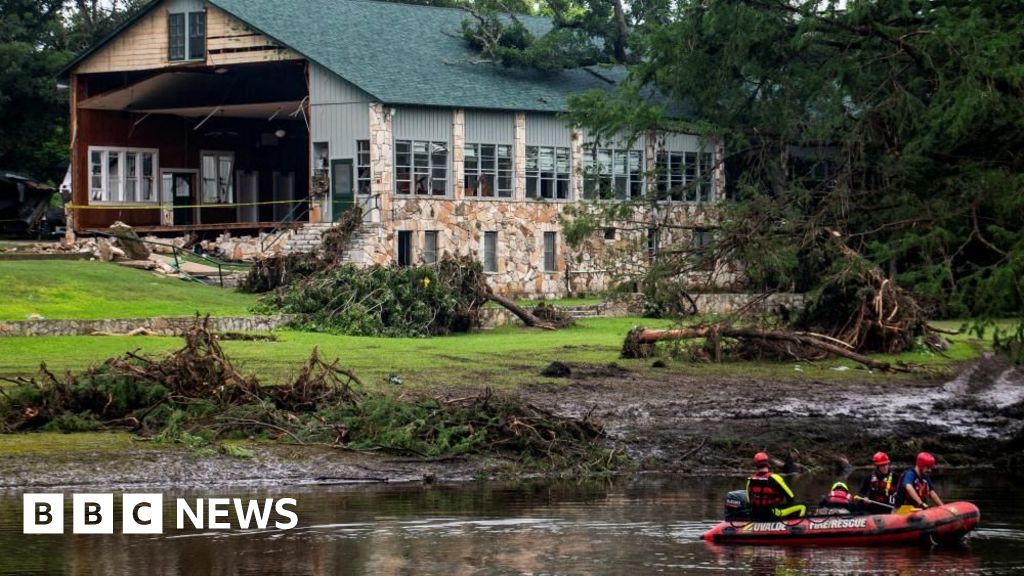As a response to the recent actions taken by the U.S., Torrijos has cautioned that these visa revocations are a broader warning to any Panamanian dissenters against the government's stance towards U.S.-Panamanian relations. He lamented that their freedom of expression is being curtailed, while affirming a collective effort to defend Panama's national autonomy in international dealings. Meanwhile, current president José Raúl Mulino's recent agreements with the Trump administration have drawn scrutiny, as critics contend that they represent unacceptable concessions.
Torrijos and Lombana's visa issues illustrate the deepening rift and the potential suppression of dissent in the face of perceived external pressures. Their situation raises urgent questions about the future of Panama's political landscape and the implications of U.S. foreign policy in the region.
Torrijos and Lombana's visa issues illustrate the deepening rift and the potential suppression of dissent in the face of perceived external pressures. Their situation raises urgent questions about the future of Panama's political landscape and the implications of U.S. foreign policy in the region.




















